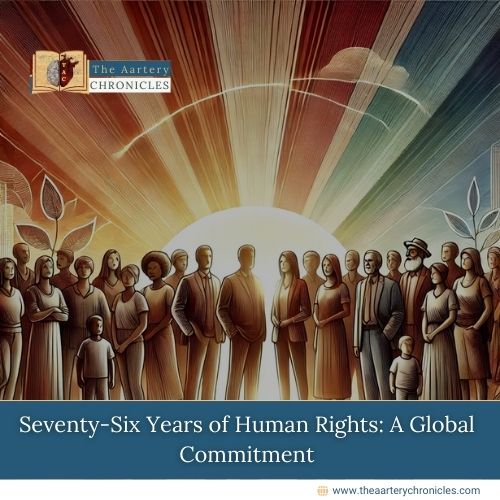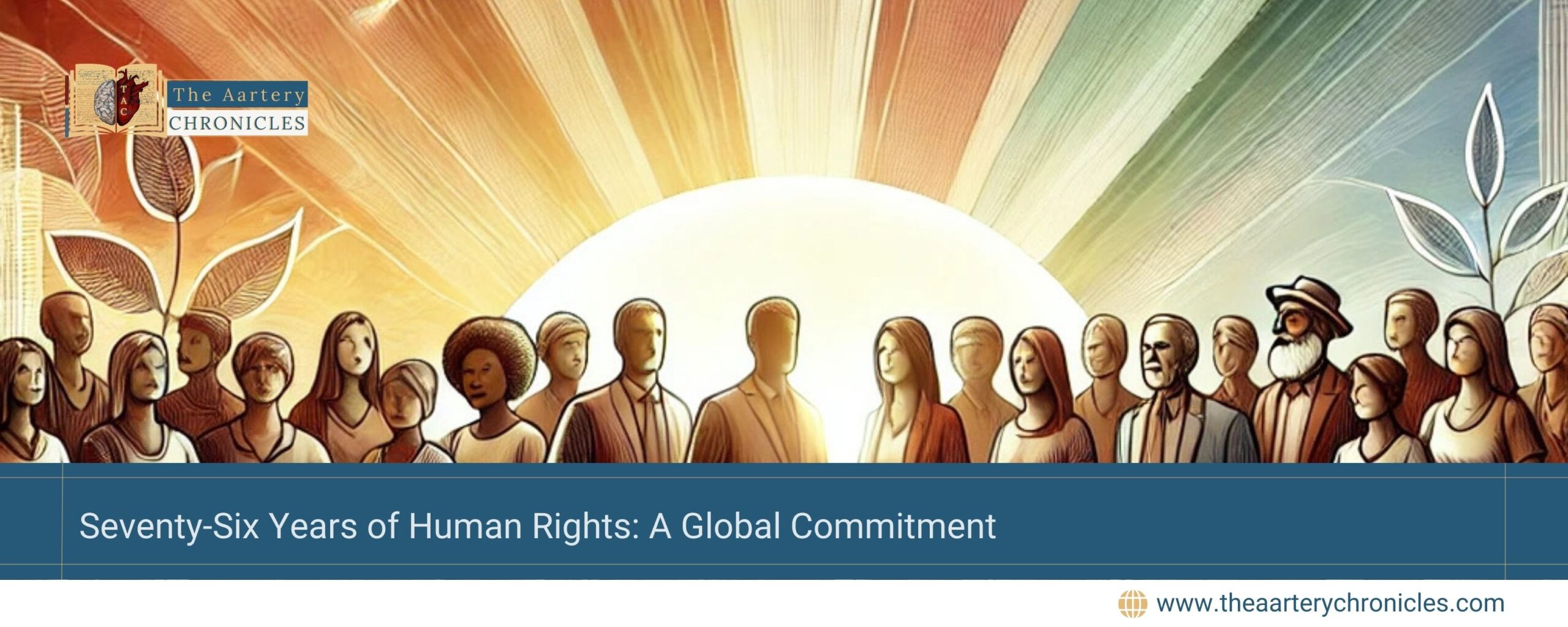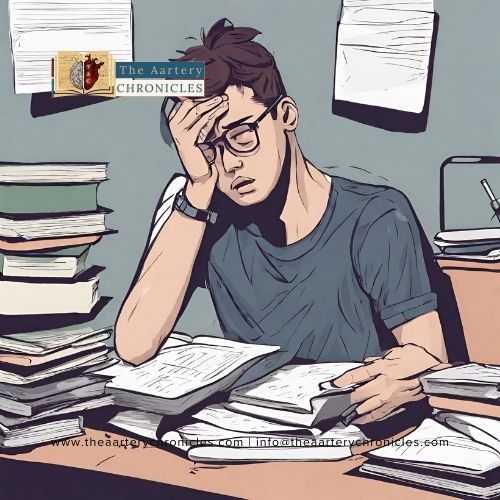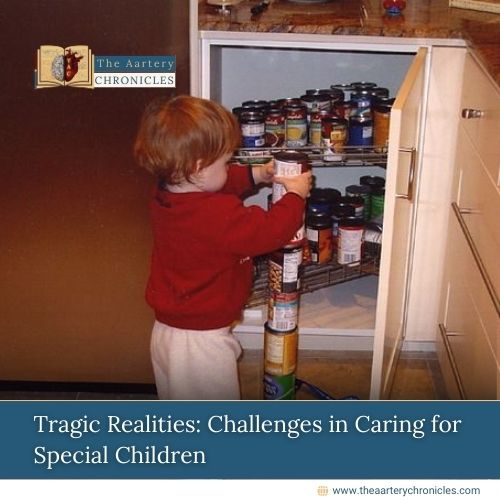

Seventy-Six Years of Human Rights: A Global Commitment
Overview
Every year, December 10, is celebrated globally as Human Rights Day, commemorating the day the United Nations General Assembly adopted the Universal Declaration of Human Rights (UDHR) in 1948. In India, Human Rights Day has been celebrated since 1950.
The United Nations was formed after World War II to safeguard the freedom of people worldwide. The Declaration of Human Rights is “a common standard of achievement for all peoples and nations” and is the most widely downloaded document in the world. It has been translated into more than 500 languages.
The Universal Declaration of Human Rights was ratified on December 10, 1948, and is an important part of the history of Human Rights Day. World War II had a tragic impact on the citizens, and with it, arose a need to defend and protect the rights and dignity of every individual, globally and irrespective of any distinctions. Human Rights Day is celebrated every year to remind us to continue our responsibility to attain equality, justice, and protection for mankind.
Purpose Of Human Rights Day
The purpose of World Human Rights Day is to identify and address the violations of basic human rights of an individual and rectify them. The intent is to protect the basic human rights that each of us is entitled to irrespective of caste, creed, sex, and location. It is a reminder to identify the struggles that some sections of the human race are facing, even today, and to take remedial measures to uphold their basic human rights. It is a way to spread positivity and spread feelings of kindness, and equality, and to remember that each of us is unique and we are all entitled to respect and love. It reminds us that we need to take a stand for what is correct and fair and to fight for it.
What Are Human Rights
“Human rights are rights inherent to all human beings, regardless of race, sex, nationality, ethnicity, language, religion, or any other status. Human rights include the right to life and liberty, freedom from slavery and torture, freedom of opinion and expression, the right to work and education and many more” as described by the United Nations. The United Nations has created a comprehensive body of human rights law – “a universal and internationally protected code to which all nations can subscribe and all people aspire.” These rights include civil, cultural, economic, political, and social rights of every human being which are the Charter of the United Nations founded in 1945. In the year 1948, the Universal Declaration of Human Rights (UHDA) was adopted by the General Assembly. Cut to the present day, where the law has been expanded to include specific standards for women, children, differentially abled persons, minorities, and other vulnerable persons to protect them from discrimination and exploitation.
Basic human rights as defined by the United Nations
The following are the 30 basic human rights as declared by the United Nations
- All human beings are free and equal: We are all equal in dignity and rights and should maintain brotherhood amongst ourselves.
- No discrimination: We are all entitled to our rights irrespective of our backgrounds, culture, political ideas, jurisdictions, religion, etc. There is no indiscrimination of any kind whatsoever.
- Right to life: We all have the right to life, liberty, and security.
- No slavery: We shall not enslave anyone and any kind of slavery or servitude is prohibited.
- No torture and inhuman treatment: We shall not torture, punish, or treat anyone cruelly or inhumanly.
- Same right to use law: We are all entitled to legal recognition before any court of law.
- Equal before the law: We are all equal in the eyes of the law and are entitled to seek protection under the law without any kind of discrimination whatsoever.
- Right to be treated fair by the court: We have the right to remedy by a court of law for any act of discrimination against us.
- No unfair detainment: We shall not be subjected to arbitrary arrest, detention, or exile.
- Right to trial: We are all entitled to a fair and public hearing by an independent and impartial tribunal of our rights or in case of any criminal charges against us.
- Innocent until proven guilty: We are all innocent until we are proven guilty.
- Right to privacy: We are all entitled to privacy and protect ourselves, our families, our homes, our work, and our correspondence from any interference or attacks on our reputation, honor, and family.
- Freedom to movement and residence: We are all entitled to reside anywhere that we desire and also travel from cross-country or cross-nation as we wish, without any restrictions.
- Right to asylum: We can seek asylum in any country to escape persecution, which may not be invoked in case of genuine prosecutions from non-political crimes or acts which are against the purposes and principles of the United Nations.
- Right to nationality: We have the right to embrace any Nationality as we desire and no one can deprive us of the same.
- Rights to marry and have a family: We have the right to marry the person of choice and raise a family with mutual consent and our own free will.
- Right to own things: We have the right to own property either individually or collectively with others.
- Freedom of thought and religion: We can follow the religion we practice and have the freedom to change our religion/belief and teach, practice, observe, and worship accordingly.
- Freedom of opinion and expression: We can express our thoughts/opinions/ideas without any interference and seek or give information through any media.
- Right to assemble: We can freely assemble peacefully without any force to join any association.
- Right to democracy: We have the right in our government either directly or through our elected representatives and have access to the public services available to us.
- Right to social security: We have the right to social security i.e. economic, social, and cultural rights of the State we reside in.
- Right to work: We have the freedom to work as per our choice, in favorable conditions, without any discrimination, get equal pay for equal work, and join trade unions to protect our interests.
- Right to rest and holiday: We can rest and relax as we desire and avail limited working hours and periodic paid leaves.
- Right of social service: We all have a standard of living to meet the requirements of our and our family’s health and well-being with food, clothing, shelter, medical aids, and allied social services and protect us from unemployment, sickness, disability, widowhood, old age, or any other circumstances, beyond our control. Mothers and children are to be treated with special care and assistance.
- Right to education: We all have the right to education, irrespective of our social standing in the community.
- Right of culture and art: We can all participate in any cultural activities/arts, share our research as well as protect the works that we have authored/created.
- Freedom around the world: We have the freedom to social and international borders for all the basic rights mentioned herein.
- Subject to law: We are all responsible citizens and must uphold the law of our country. We should respect the morality, public order, and general welfare of the Society/country.
- Human rights can’t be taken away: None of the above rights can be taken away from us.
The Indian Chapter
In India, human rights are governed by the Protection of Human Rights Act, 1993 (PHR Act). This Act provides for the Constitution of a National Human Rights Commission (NHRC), State Human Rights Commissions in States, and Human Rights Courts for the protection of human rights and matters connected therewith or incidental thereto. In short, they are guaranteed by the Constitution of India, included in the international agreements, and can be enforced by Courts in India.
NHRC is concerned with caring for the rights related to life, dignity, liberty, and equality of an individual, as defined u/s 2(1) of the PHR Act.
The Human Rights Council of India (Protection of Human Rights) was formed on 16 February 2012, with a mission to serve the country humanely without personal gain or interest. It is a non-government, non-political, and social organization.
Fundamental rights of the Constitution of India
The Constitution of India also mentions (1) The Right to Equality (2) The Right to Freedom (3) The Right against exploitation (4) The Right to Freedom of Religion (5) Cultural and Educational Rights, (6) The Right to Constitutional Remedies, as the Fundamental Rights of each citizen of our country, among others as mentioned in the Constitution.
Article 15 amendment
Article 15 originally reads “ Article 15 of the Constitution of India forbids discrimination on grounds of religion, race, caste, gender or place of birth”.
On September 6, 2018, the Supreme Court of India, in a landmark judgment, decriminalized homosexuality, extending the scope of Article 15 to include ‘sexual orientation’ to prohibit discrimination.
Ways to celebrate Human Rights Day
There are many ways by which we can celebrate Human Rights Day.
- In schools, children can make banners, and posters and perform short skits to create awareness about Human Rights Day
- There can be open mic debates and discussions online and offline
- We can show our kindness and gratefulness to our subordinates by any action that we may like, be it, a small token of appreciation or helping them in any way
- Awareness of our basic fundamental human rights can be spread among all strata of society
- Tiny tots can be taught to be kind and forgiving from an early age
- Children should be taught to share with their mates, irrespective of social status
- We should acknowledge that each individual is unique and is entitled to respect and dignity
- We should not pass derogatory comments about anyone
- We should remember that we all are equal
Human beings are intelligent and they should utilize this intelligence to work together in peace and harmony rather than discrimination. We all desire to live in a world where each of us is treated with love and respect. How tough is it? Giving a person respect and treating them equally, just like you? That’s the catch – it is not at all tough. There is some preconceived notion that makes us biased. So banish the bias and treat everyone with dignity and respect.
Some great personalities like Mahatma Gandhi, Nelson Mandela, Martin Luther King Jr., and Elie Wiesel have all advocated the principles of non-violence, abolishing slavery and racial discrimination, and equal rights to all. A land where all humans can breathe and live in freedom.
Greta Thunberg, the youngest Activist, at present, is advocating the seriousness of climate change and has challenged the world leaders to heed to the same.
The theme for Human Rights Day 2024
The theme for Human Rights Day 2024 is “Our Rights, Our Future, Right Now”. This year the focus is on educating the youth and children about human rights. The youth today are glued to their digital devices, spending valuable time, in pointless distractions. It is time we utilize this social media and digital world to teach the youth all about human rights. It is time to make the youth and children learn about the impact of war and negativity. It is time to inculcate the habit of giving respect and dignity to all the persons that they meet in their lives. #respectanddignity #equality #freedom #humanrights #equalityforall
Let us teach the youth and children that they are so lucky to be born in this century. Let us educate them about the racism, slavery, and discrimination that was so prevalent in the past. Let us educate them about the bloodshed and misery after each war that was fought or is being fought. Let us teach them to be kind and good-hearted. Let us teach them to take a stand for and fight injustice. Let us make them aware that all living life is precious and we do not have any right to destroy life. Let us teach them to share and care. Let us teach them that being a good human being is what life is all about. Let us teach them not to spread hatred or hurt anyone. Let us teach them to be responsible for their actions. Let us teach them to be themselves. Let us teach them not to judge any person by that person’s actions. Let us teach them to live in peace and harmony. Let us teach them war and bloodshed are pointless. Let us teach them that “together they can conquer.” Let us teach them to respect all religions and nationalities. “Unity is strength.” Let us teach them to make sound decisions that harm no one. Let us teach them that harm – whether inflicted on self or others, is not to be accepted. Let us show them that they are special and deserve all the love and respect. Let us show them that any effort that they make is greatly appreciated. Let us show them that we love them, despite their failures – be it a low score in exams or inability to make it to the football team. Let us treat our children and youth with love, respect, and dignity. Let us set an example for them to follow. Let us become better humans first so that our children and youth can learn from us.
It is said that change begins with us and children learn by observing their elders. So, today, let us make every effort that we can to change for the better and our children and youth will follow suit.
I quite like the phrase “Being Human”, says and means a lot, in just a couple of words.
Commit yourself to the noble struggle for human rights. You will make a greater person of yourself, a greater nation of your country, and a finer world to live in
Martin Luther King Jr









